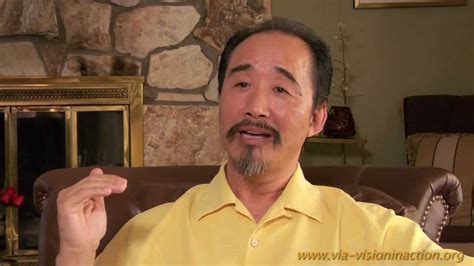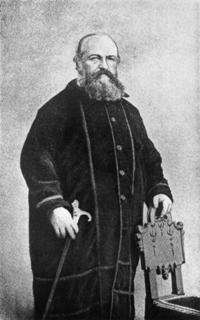A Quote by Rudolf Steiner
You must learn to perceive as your self that which lies outside you. Looking only within oneself leads to a hardening in oneself, to a higher egotism.
Related Quotes
Early on, I learnt from the Russian intelligentsia that the only meaning of life lies in conscious participation in the making of history. The more I think of that, the more deeply true it seems to be. It follows that one must range oneself actively against everything that diminishes man, and involve oneself in all struggles which tend to liberate and enlarge him. This categorical imperative is by no way lessened by the fact that such an involvement is inevitably soiled by error: it is a worse error merely to live for oneself, caught within traditions which are soiled by inhumanity.
The courage to be as oneself within the atmosphere of Enlightenment is the courage to affirm oneself as a bridge from a lower to a higher state of rationality. It is obvious that this kind of courage to be must become conformist the moment its revolutionary attack on that which contradicts reason has ceased, namely in the victorious bourgeoisie.
It is enough that one surrenders oneself. Surrender is giving oneself up to the original cause of one's being. Do not delude yourself by imagining this source to be some God outside you. One's source is within oneself. Give yourself up to it. That means that you should seek the source and merge in it.
One must find out for oneself, and make sure beyond doubt, 'who' one is, 'what' one is, 'why' one is... Being thus conscious of the proper course to pursue, the next thing is to understand the conditions necessary to following it out. After that, one must eliminate from oneself every element alien or hostile to success, and develop those parts of oneself which are specially needed to control the aforesaid conditions.
Against the suffering which may come upon one from human relationships the readiest safeguard is voluntary isolation, keeping oneself aloof from other people. The happiness which can be achieved along this path is, as we see, the happiness of quietness. Against the dreaded external world one can only defend oneself by some kind of turning away from it, if one intends to solve the task by oneself.
It is essential... that discipline should not be practised like a rule imposed on oneself from the outside, but that it becomes an expression of one's own will; that it is felt as pleasant, and that one slowly accustoms oneself to a kind of behaviour which one would eventually miss, if one stopped practising it.








































